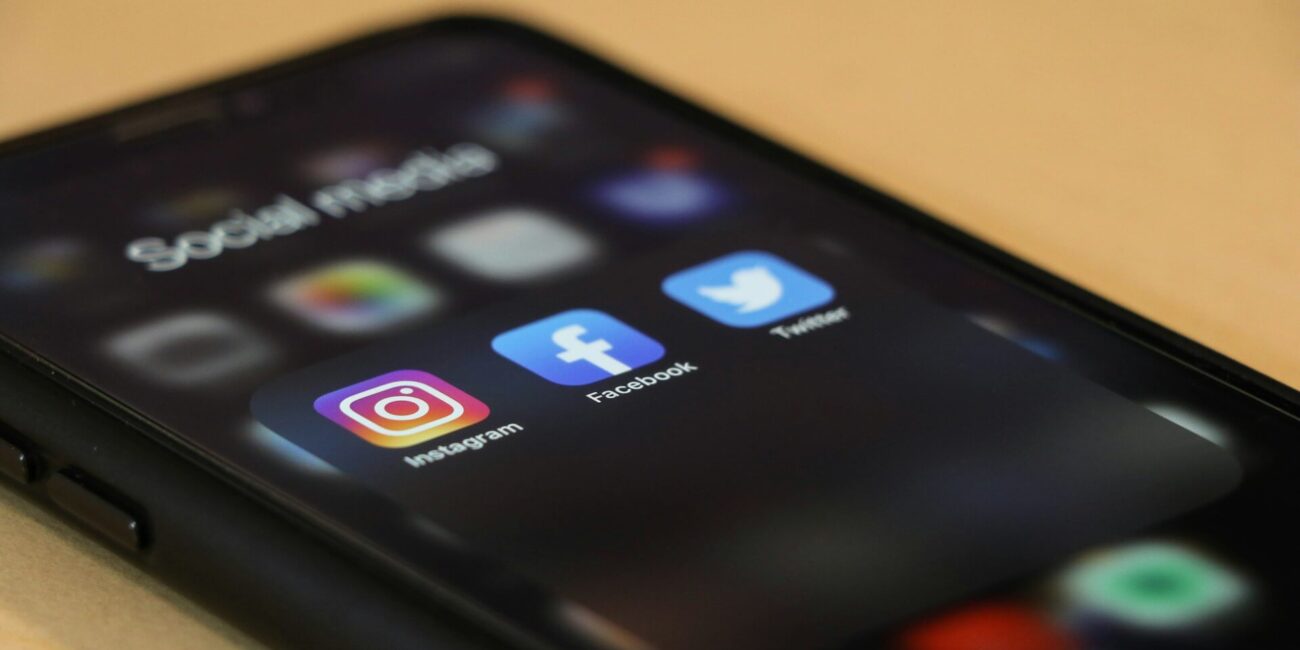Social media has become an integral part of daily life for billions of people around the world. From the early days of platforms like Friendster and Myspace that helped pioneer the concept of online social networking, to the dominance of Facebook, Instagram, YouTube, TikTok, and others today, social platforms have evolved drastically and transformed the way we interact, keep in touch, and consume information. This evolution has been lightning-fast by historical standards. Yet much has remained consistent – our innate desire to connect with others and share our lives.
A brief history of social media
The inception of social media dates back to the late 90s and early 2000s and has since transformed into a dominant aspect of our digital lives. It all began with platforms such as Six Degrees and MySpace, which allowed users to build personal profiles, connect with friends, and share content. However, it wasn’t until the arrival of Facebook in 2004 that social media truly took off. The platform leveraged a network effect, taking advantage of users inviting their friends to join, and today over 2.6 billion people use Facebook regularly.
Why Social Platforms Gain Momentum
The power of the network effect is undeniable when it comes to social platforms. The idea that the more users a platform has, the more valuable it becomes for each user, has been key in the rapid growth of popular platforms like Facebook, Twitter, and LinkedIn. Essentially, social platforms are like a marketplace where users can interact with each other in various ways, and as more users join and interact, the value of the platform for each user increases exponentially.
Our core human drives
As social creatures, humans have a deep-seated desire to interact and connect with others. Social platforms like Facebook, Instagram, and Twitter have tapped into this fundamental drive, providing us with a virtual space to communicate with others and feel like we belong to a community. These platforms offer a wide range of features that satisfy our needs, from the ability to share our thoughts and emotions with others to the opportunity to connect with new people from around the world. They allow us to maintain existing relationships with friends and family and forge new ones based on shared interests and values. In short, social platforms provide us with a way to feel connected to others, even when we’re physically separated from them.
Evolution is inevitable
Evolution is an inevitable force that has shaped the world around us since the beginning of time. As society has shifted and our habits have changed, technology platforms have had to adapt to meet the needs of their users. From MySpace to Facebook to Instagram, these platforms have undergone constant evolution to stay relevant in a world where social media has become an integral part of everyday life. In the early days, platforms were simple and basic, but as our interactions with them have become more complex, so have their capabilities. With each new feature and update, these platforms continue to evolve in response to our changing habits, and it’s fascinating to see where they’ll take us next.
The future is bright
One of the biggest shifts we can expect is a continued emphasis on authenticity and transparency. Customers are demanding more honesty and sincerity from brands, and platforms are responding by introducing features like Instagram’s “paid partnership” tags to make sponsored content more transparent. Another trend to watch is the rise of micro-communities, where individuals with shared interests can connect and collaborate on a more intimate scale. We’ve already seen this with the success of niche groups on Facebook and LinkedIn, and this type of personalized connection is only going to become more popular.
Despite its humble beginnings, the impact of social media on our lives has been monumental. From simply connecting with friends and sharing content, social media has evolved into a complex and powerful force that shapes politics, influences consumer behavior, and even alters our perceptions and behaviors. It has connected the world in ways we could have never imagined, allowing us to form connections and communities with people from across the globe.



